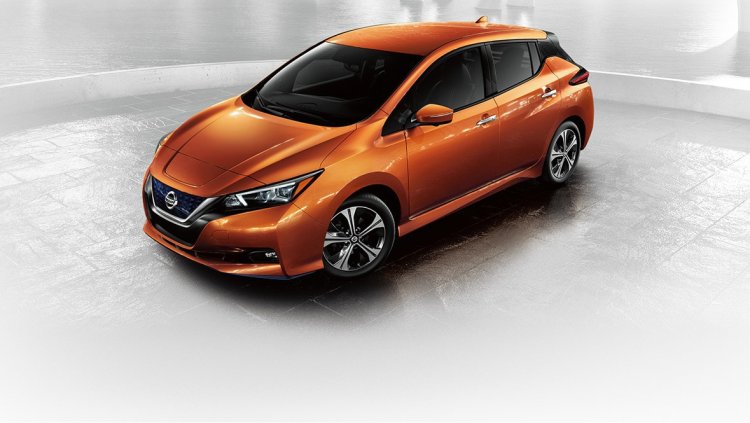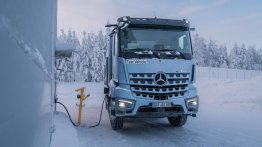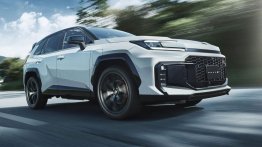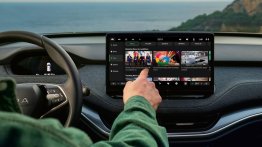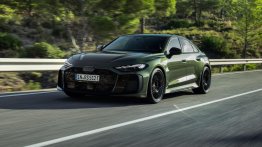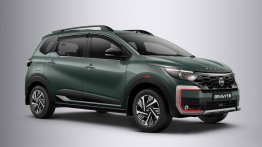Sales of an all-electric Nissan mini-vehicle are slated to begin in Japan in early FY2022, the company has recently announced. The vehicle is part of a joint project with Mitsubishi Motors Corporation and is being planned and developed by NMKV Co., Ltd. NMKV is a 50/50 joint venture between the two companies engaged in product planning and project management for mini vehicles sold in the Japanese market.
The planned mini-vehicle is aimed to redefine the popular car category in Japan, featuring instant acceleration, smooth driving, and cabin quietness that are key characteristics of electric vehicles (EVs). It will also come equipped with a variety of advanced technologies, including driver assistance technologies.
Also Read: 2022 Nissan Leaf EV Goes on Sale in US, More Std Features, Reduced Price
With a nominal battery capacity of 20 kWh, the EV mini-vehicle has a driving range designed to cover daily needs in Japan. In addition to its mobility uses, the vehicle can provide electricity from its battery to a home, and in emergencies can act as a mobile power source.
At 3,395 mm long, 1,475 mm wide, and 1,655 mm high, the all-electric Nissan mini-vehicle has been designed to provide easy driving and handling in Japan’s often cramped traffic environments. Purchase prices (listed price minus subsidies) are forecast to start at approximately 2 million JPY.
As a pioneer of zero-emission vehicles, since 2010 Nissan has sold more than 500,000 units of the all-electric Nissan Leaf globally, with more than 150,000 of those in Japan. As part of its broader initiatives to contribute to a sustainable society, Nissan is carrying out a Japan-focused electrification program called Blue Switch, within which it aims to tackle issues such as environmental load reduction and disaster countermeasures.
Also Read: 2021 Nissan Altima Named 'Best Car for Teens' in $30K-$35K Range in US
Going forward, Nissan will continue to develop electrified technologies and expand its lineup of electrified models, aiming for every all-new model introduced in key markets to be electrified by the early 2030s.

